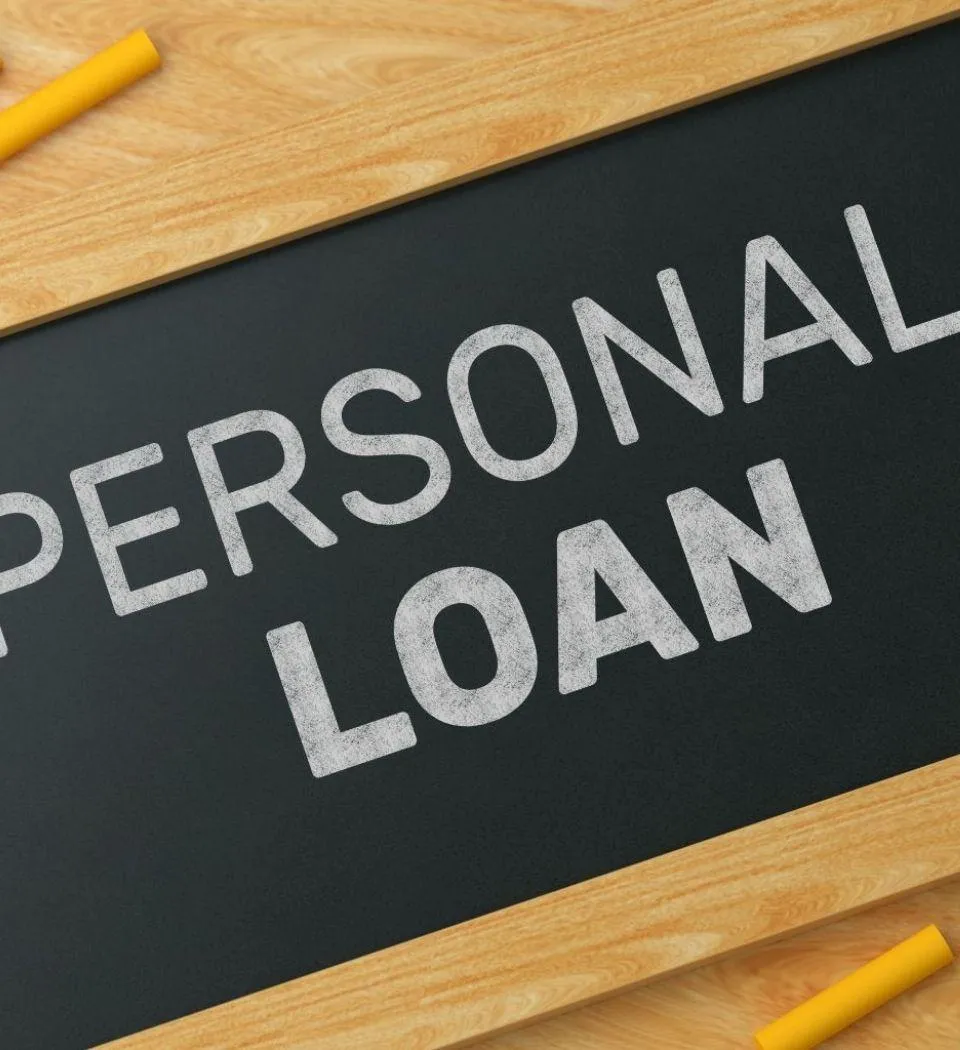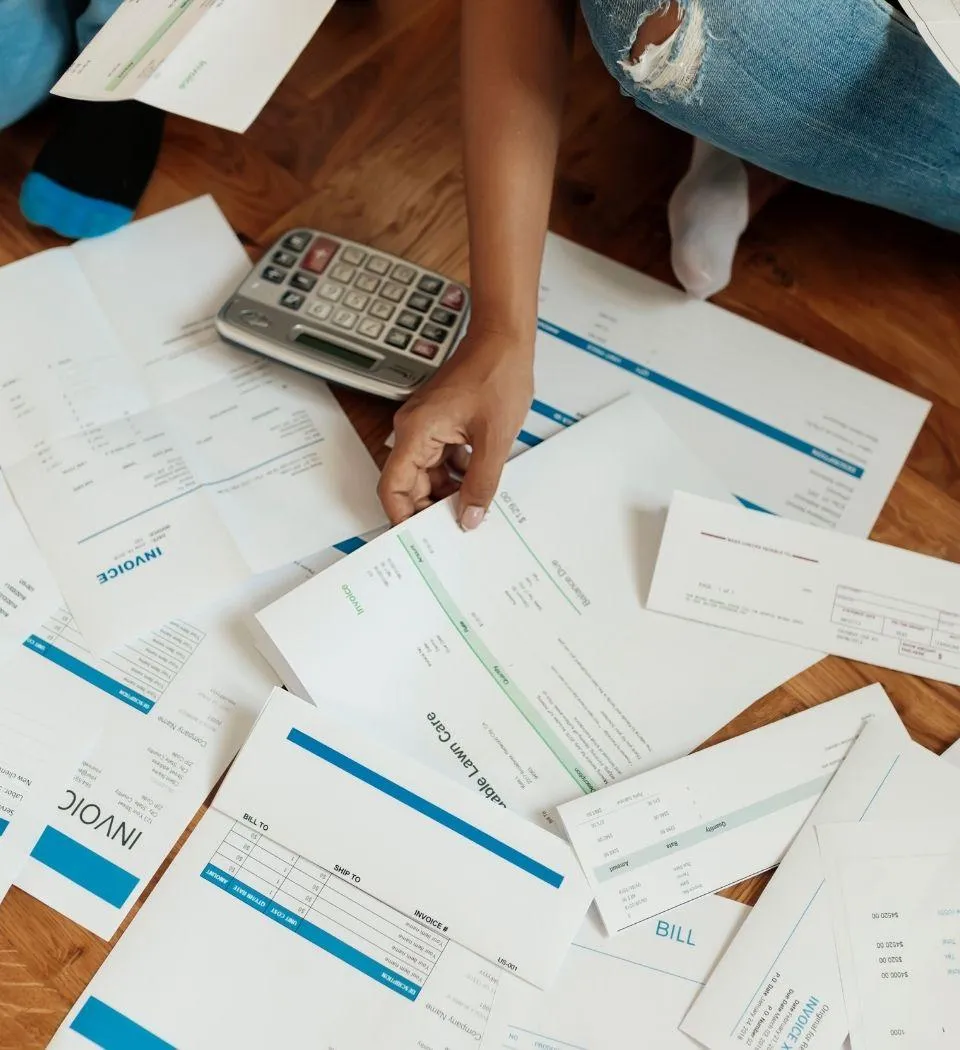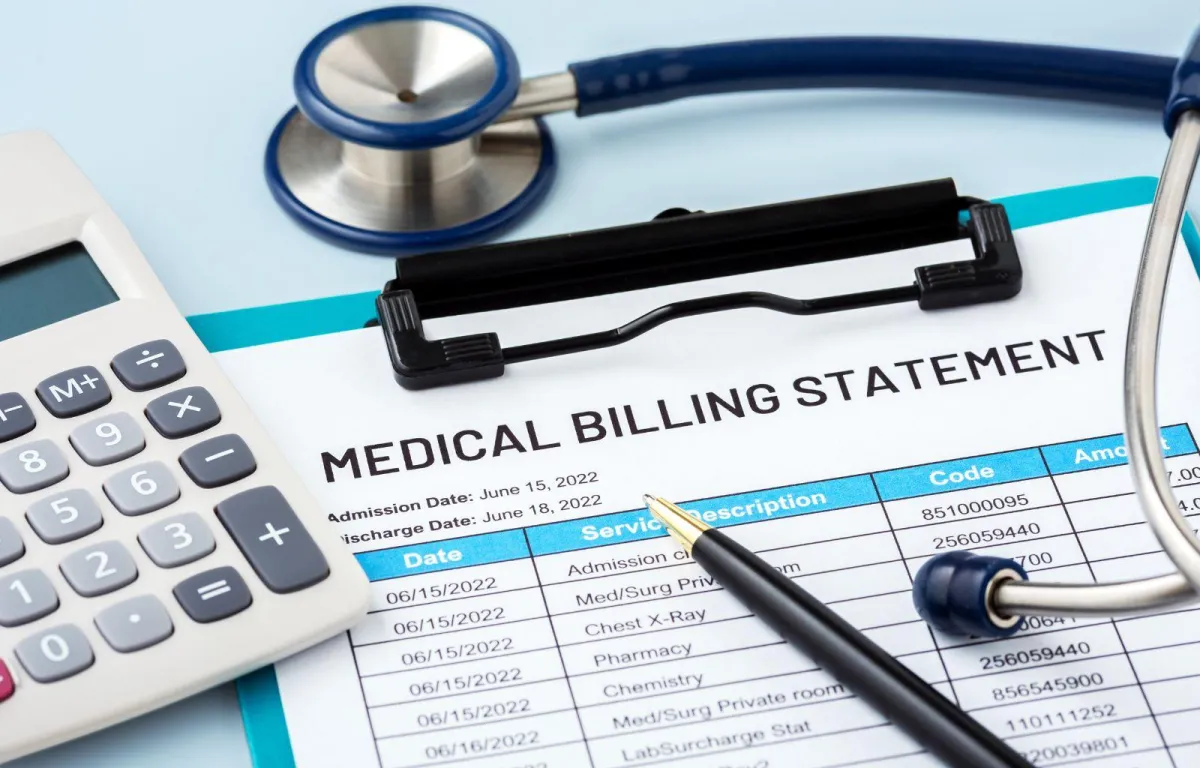Personal Loan Debt Relief
Finding the right approach to manage your personal loan debt begins with understanding how relief programs work. Personal loan debt relief does not erase what you owe overnight, but it can restructure repayment in a way that reduces financial stress, saves money, and creates a clear path to financial recovery.
5-Star Reviews!

Personal Loan Debt Relief Options
Relief programs are designed to address unsecured debts such as personal loans, credit cards, medical bills, payday advances, and marital obligations. These solutions typically do not apply to secured debts like mortgages or auto loans, since those are tied to collateral. When you enroll in a personal loan debt relief program, you may benefit from:
Combining multiple payments into one structured plan
Lowering interest rates or eliminating fees
Negotiating with lenders to reduce the total balance owed
Stopping aggressive collection calls and harassment
Establishing a realistic payoff timeline
You may qualify if you:
Have at least $7,500 in unsecured debt
Are struggling with minimum payments or missed bills
Carry one or more personal loans in default or at risk of default
Want to avoid bankruptcy but need structured relief
Why Personal Loans Can Become Overwhelming
Personal loans are marketed as flexible solutions for consolidating credit cards, funding emergencies, or covering major expenses. But while they may start as short-term fixes, many borrowers find themselves trapped in high annual percentage rates (APRs), origination fees, and repayment terms that extend for years.
According to the Federal Reserve, the average interest rate on a two-year personal loan is typically far lower than a credit card but still high enough to create challenges. Add in fees, and borrowers often see most of their monthly payments applied toward interest rather than principal.
Total U.S. personal loan debt: Over $240 billion
Average balance per borrower: Around $11,000
Top age group carrying balances: Baby Boomers, followed by Gen X
As salaries lag behind inflation, many households rely on personal loans to fill gaps in budgets. Without proper relief, these debts can snowball quickly.

How To Manage Medical Bills Before They Spiral
Debt Consolidation
Borrowers often take out personal loans to pay off high-interest credit cards. But when the personal loan itself becomes overwhelming, debt relief may be necessary. Consolidation through structured programs can help you:
Replace multiple debts with one affordable payment
Secure a lower overall interest rate
Extend repayment terms to improve cash flow
Save thousands by negotiating down balances
Emergency Expenses
Medical bills, auto repairs, or job loss can push families into borrowing. Relief programs help transform emergency borrowing into manageable repayment rather than ongoing financial strain.
Major Life Events or Purchases
From weddings to moving costs, big-ticket expenses often lead to personal loans. Relief programs provide a way to cover these expenses responsibly without drowning in interest charges.
Multiple Loans at Once
It’s easy to qualify for more than one personal loan, especially online. Juggling several loan payments at once can overwhelm budgets. A relief program simplifies repayment with one plan.
Debt Relief Options for Personal Loans
When personal loans become too difficult to manage, there are several structured relief strategies available. Each works differently depending on your financial situation, but the goal is the same; to reduce stress, regain control, and create a clear path out of debt. Below is a comparison of the most common approaches borrowers use to handle personal loan debt.
| Option | How It Works | Benefits | Risks/Considerations |
|---|---|---|---|
| Debt Settlement | Negotiators work with creditors to reduce balances owed. | Pay less than full balance, shorter payoff timeline, stop collection calls. | May affect credit score, forgiven debt may be taxable by the IRS. |
| Debt Consolidation Program | Combine multiple debts into one monthly payment managed through a relief plan. | Simplified payments, lower monthly cost, structured timeline. | Must commit to the program, not new borrowing. |
| Credit Counseling (Debt Management Plan) | Nonprofit agencies such as the National Foundation for Credit Counseling (NFCC) negotiate lower interest rates and fees. | Reduce interest rates, waive fees, repay in full over time. | Full repayment required, strict payment schedule. |
Eligible vs. Ineligible Debts
Eligible Unsecured Debts:
Personal loans (unsecured)
Credit cards
Medical bills
Certain lines of credit
Not Eligible for Relief Programs:
Mortgages
Auto loans
Child support and alimony
Court fines, taxes, or government-backed obligations

Key Factors That Affect Relief Programs
Credit Score: Determines eligibility and repayment terms. Most lenders require at least fair credit, but relief programs can help regardless of score.
Debt-to-Income Ratio (DTI): A lower DTI improves chances of success. Many lenders prefer under 36%, but some programs accept up to 50%.
Collateral: Only unsecured personal loans qualify. Secured loans tied to assets are not eligible.
APR and Fees: High interest rates and origination fees make repayment harder, increasing the need for relief.
Income Stability: Lenders and program providers evaluate steady income to ensure repayment capability.
When Is Personal Loan Debt Relief the Right Choice?
Debt relief is suitable if:
You are behind on personal loan payments
You have more than $7,500 in unsecured debt
You cannot manage minimum payments without falling further behind
You want to avoid bankruptcy but need professional assistance
If your debt load is small and can be repaid within a year, self-managed repayment may be better. For larger, longer-term debts, structured relief programs are more effective.

Consumer Protections and Oversight
Relief programs in the U.S. operate under federal oversight.
Consumer Financial Protection Bureau (CFPB)
Protects borrowers from abusive lending and ensures transparency in debt relief services.
Federal Trade Commission (FTC)
Warns against debt relief scams and enforces rules against unfair practices.
Internal Revenue Service (IRS)
May treat forgiven debt as taxable income, though exceptions exist in cases of insolvency.
Working with a reputable provider like Debt Support National ensures compliance with these protections.
Risks and Considerations
While debt relief offers major benefits, it’s important to understand potential risks:
Credit Score Impact
Your score may drop initially but can improve over time with repayment.
Tax Liability
Forgiven debt may be taxable income.
Creditor Cooperation
Not all creditors agree to settlement, though most prefer resolution over default.
Program Commitment
Relief requires sticking to your plan for best results.

How to Get Started with Debt Support National
At Debt Support National, we provide step-by-step guidance to make personal loan debt relief achievable. Our process:
Free Consultation: Speak with a certified debt specialist.
Customized Analysis: Review your unsecured debts and explore your best options.
Enrollment: Join a structured program tailored to your financial goals.
Negotiation: Our team works directly with creditors.
Debt-Free Goal: Complete the program and rebuild financial stability.
Preventing Future Debt Problems
Relief programs solve today’s problems, but preventing future debt is just as important. We recommend:
Building an emergency savings fund for unexpected expenses
Following a budget to manage monthly cash flow
Using credit counseling for financial education and support
Monitoring your credit reports through Experian, Equifax, or TransUnion
Why Choose Debt Support National
Experienced negotiators with proven results
Transparent fee structure with no hidden costs
Nationwide compliance with CFPB and FTC regulations
Ongoing financial education to help you avoid future debt cycles

See Our Reviews
Find Relief from Personal Loan Debt with DSN
Personal loan debt relief offers struggling borrowers a way out of overwhelming balances and endless interest payments. Whether through debt settlement, consolidation, or credit counseling, these programs provide structure, reduce stress, and restore control over finances. If personal loan debt is weighing you down, Debt Support National is here to guide you with trusted solutions, transparent practices, and a commitment to helping you achieve lasting financial freedom.
Frequently Asked Questions About Personal Loan Debt Relief
Can personal loan debt be included in a debt relief program?
Yes. Most unsecured personal loans qualify for debt relief programs, alongside credit cards and medical bills. Secured debts such as auto loans or mortgages do not qualify since they are tied to collateral.
How does personal loan debt settlement affect my credit score?
Debt settlement may lower your credit score in the short term because payments are restructured. However, once settlements are completed and debts are resolved, many clients see their credit health improve over time as their overall debt burden decreases.
Is debt consolidation the same as taking out another personal loan?
No. Debt consolidation through a relief program combines existing unsecured debts into a single structured payment plan without requiring you to borrow new money. This is different from applying for a new personal loan, which can add to your debt load and may come with high interest rates.
Will I have to pay taxes on forgiven personal loan debt?
In some cases, forgiven debt may be considered taxable income. This means if part of your personal loan balance is reduced through settlement, you could be required to report the forgiven amount when filing taxes. Since every situation is different, it’s best to speak with a qualified tax professional to understand how it may affect you.
How do I know if personal loan debt relief is right for me?
Debt relief may be a good fit if you have more than $7,500 in unsecured debt, are struggling with monthly payments, and want to avoid bankruptcy. A free consultation with Debt Support National can help you understand your options and determine the best path forward.

Helping you achieve financial success with expert guidance and personalized strategies.
Opening hours
Mon - Fri : 9:00 AM - 7:00 PM
Saturday: 9:00 AM - 6:00 PM
Sunday: Closed
Disclaimer : Debt Support National is an independent website created to help users find a solution to their debt problems. Our service is free to use and you are under no obligation to accept any of the recommendations you receive. Calls may be recorded for training and quality purposes. Please check with your service provider for details. On completion of our form, we will introduce you to one of our authorised Debt Solutions provider. We use the contact details you have given us on the form to make this introduction. An adviser will contact you by telephone. During that call, the expert adviser will discuss your options in more detail to see if they can help.
Pulse Digital LLC does not directly administer debt management services. It is ultimately up to you to determine whether the company that we may introduce you to are appropriate for your situation.
Pulse Digital LLC is paid for providing marketing services to selected Debt Management companies who are legally appointed to manage debt adjustment services. They have no affiliation with your Creditors. They will offer free initial consultations with no further obligation.
We use cookies to give you the best experience. By using our website, you agree to our use of cookies in accordance with our cookie policy. Names and pictures associated with client testimonials are not real in order to protect the privacy of all clients.
www.deptsupportnational.com is owned by Pulse Digital LLC. Registered Address: 447 Broadway, 2nd Floor, 754, New York, NY 10013
© Debt Support National. 2025. All Rights Reserved.







